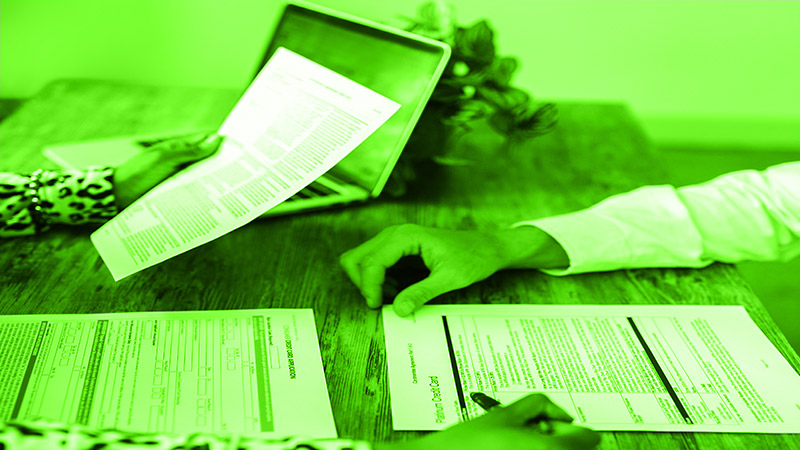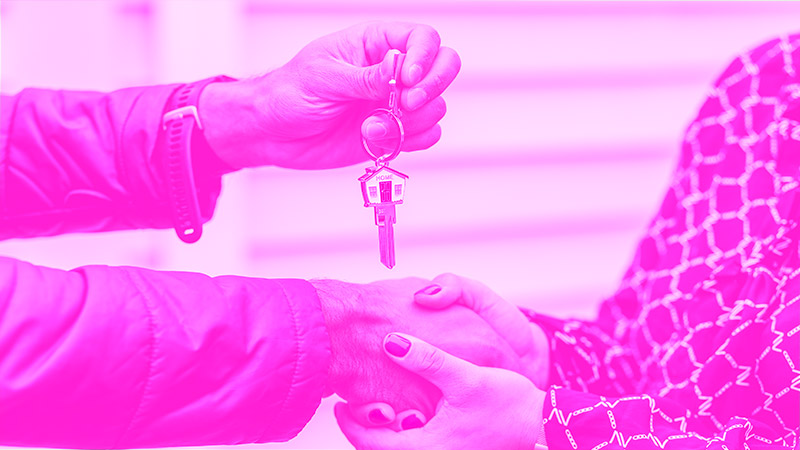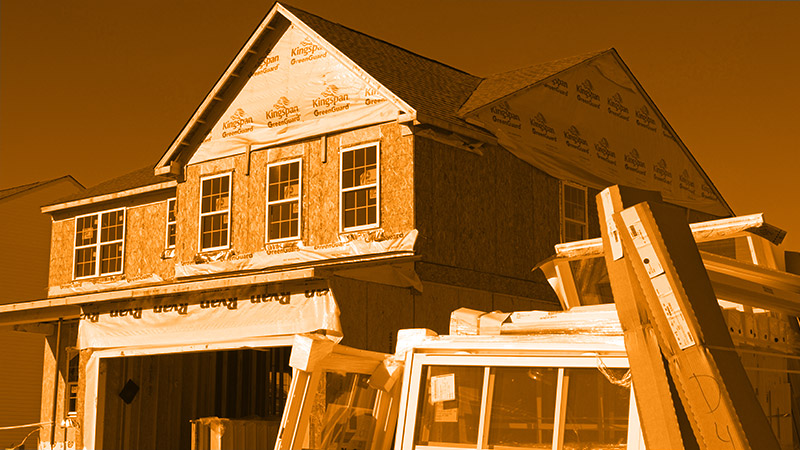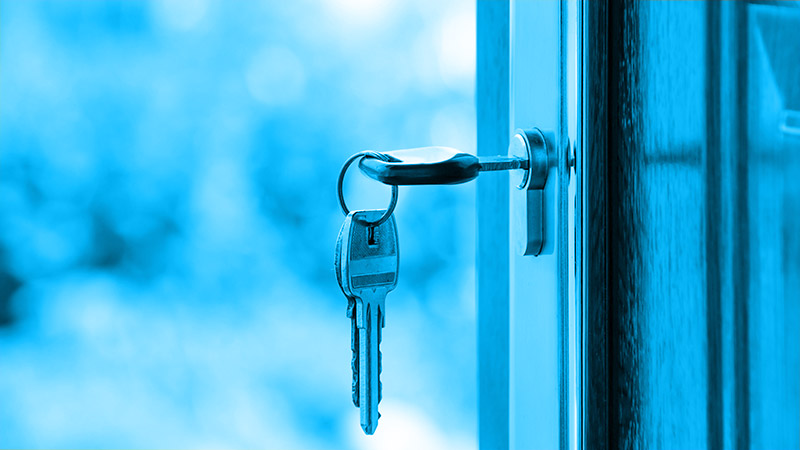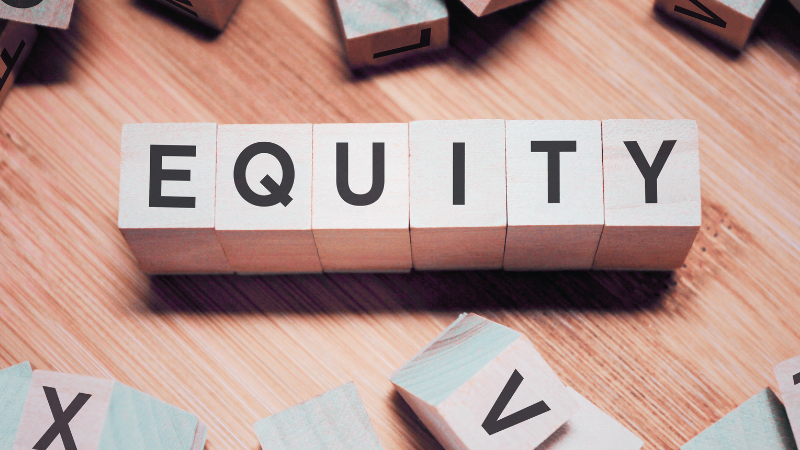If you’ve found the home of your dreams, but the mortgage you’d require to cover the cost is £180,000, you may wonder if you can even afford it.
The average UK mortgage granted is around 200,000. Before applying for a mortgage, it’s a good idea to calculate the monthly instalments.
That way, you’ll avoid overindebting yourself or plunging your budget into distress.
The amount you’ll pay on a £180,000 mortgage will depend on several factors, but a general example can be provided.
Say you acquire a standard repayment mortgage with an interest rate of around 6%, which is typical for current times. The term you received is 25 years.
Your expected monthly instalments would be around £1,160 per month.
What Salary Do I Need for a £180,000 Mortgage?
While several factors come into play when applying for a £180,000 mortgage, the general earnings required are around £40,000 to £45,000 per annum.
This is because most lenders will only loan you an amount that is 4 to 4.5 times your annual salary.
That said, your amount is only one factor of an affordability assessment.
For example, some borrowers have acquired up to 7 times their annual salary based on certain factors.
How Much Deposit Do I Need on a £180,000 Mortgage?
The deposit is an important focus point for most borrowers, as it’s the most difficult part to organise.
On a mortgage of £180,000 in the UK, lenders typically expect a minimum of 15% deposit.
If you put down a 15% deposit, which comes to £31,800, you’d realistically be able to purchase a property for £212,000 while acquiring a mortgage for £180,200.
With this in mind, remember that many mortgage deals and schemes are on the market, meaning there’s no hard and fast rule about putting down a 15% deposit.
Sometimes, borrowers only put down a 5% deposit (£9,500), enabling them to purchase property valued up to £190,000.
Sometimes, lenders can offer a zero deposit option, but this is very rare.
Factors that Influence Mortgage Repayments UK
Of course, several factors can influence mortgage repayments as follows:
Mortgage Type
The amount of interest added to your loan will influence how much you pay towards your monthly instalments.
For instance, tracker mortgages have interest rates in line with the Bank of England base rate.
As the base rate fluctuates, so does your mortgage instalment.
If you’d prefer no surprises and want to know with certainty how much you’ll pay each month, a fixed-rate mortgage is a good option.
The rates on a fixed-rate mortgage may appear higher at first, but they’re consistent and won’t spike when the interest rate does.
Another type of mortgage is an interest-only mortgage.
This type of mortgage has greatly reduced rates. During the term of your mortgage, you would only pay the interest on the loan.
At the end of your loan term, you will have a lump sum of £180,000 to pay.
These types of mortgages are a little trickier, as lenders will want you to show evidence of settling the remaining amount when the interest is paid off.
Interest Rate
Interest rates you are offered can be the difference between an affordable mortgage and one you cannot afford.
As of July 2023, mortgage rates in the UK are between 5.5% and 6.5%.
You may think 1% less isn’t a big amount, but it certainly is on a mortgage of £180,000.
Your creditworthiness will influence how lenders see you and ultimately determine what sort of interest rate you can get.
If you meet the criteria in place by the lender, you’ve got a better chance of achieving a mortgage rate on the lower end of the scale.
Of course, the best deals are often negotiated with the help of a mortgage broker.
Mortgage Term
The length of time you have to repay your mortgage (the term) can influence how much you repay. Many mortgages run over 25 years, but several runs for 30 years.
It’s important to note that choosing a longer repayment term may seem like you’re paying less, as your monthly instalments would be lower.
However, a longer term means you pay more in interest over the loan term.
Related mortgage guides:
- What to do if your mortgage expires.
- Disadvantages of paying your mortgage off.
- Best mortgage brokers in the UK.
- Should you pay off your mortgage early?
- 50-year mortgages UK.
Additional UK Mortgage Costs to Consider
When applying for a mortgage, the amount you pay back is not the amount you’ll genuinely pay back.
You must have some additional funds set aside to cover additional mortgage costs.
These include:
Establishment fee
This can range from £1000 to £2500, which is paid to the lender as a lump sum or split between monthly payments.
If you can’t afford to pay this off as a lump sum in advance and opt for the amount to be added to your instalments, you’ll pay interest on it.
Broker Fees
Brokers may charge the buyer and the lender a commission, but some don’t charge the buyer.
These fees can vary from one broker to the next.
Deposit
You’ll need to put down a deposit between 5% and 25% depending on the housing scheme or mortgage type you happen to get.
Stamp Duties
Stamp duties are fees paid to the government. If you’re purchasing a £180,000 property, the stamp duty will likely be around 2%.
Valuation Fees
In most instances, valuation fees are around £300. The lender will charge this to evaluate the premises to confirm its value.
Survey Costs
A survey is a more thorough inspection of the property to determine if there are underlying issues that may need attention and be costly to tend to.
The survey usually costs between £400 and £1,500.
Conveyancing Costs
A solicitor must be hired to manage the official and legal paperwork during the purchase.
Conveyancing fees in the UK typically cost between £800 and £1,500.
Sometimes, lenders will cover this cost, but it’s not always the case.
£180,000 Mortgage UK Conclusion
If you’re interested in purchasing a property that’s in the £180,000 price range, you’ll need to ensure you have a good credit record, earn around £40,000-£45,000 per month, and meet the lenders’ eligibility criteria.
Speaking with a professional mortgage advisor could help you find the right deal for you.
Call us today on 03330 90 60 30 or contact us to speak to one of our friendly advisors.
